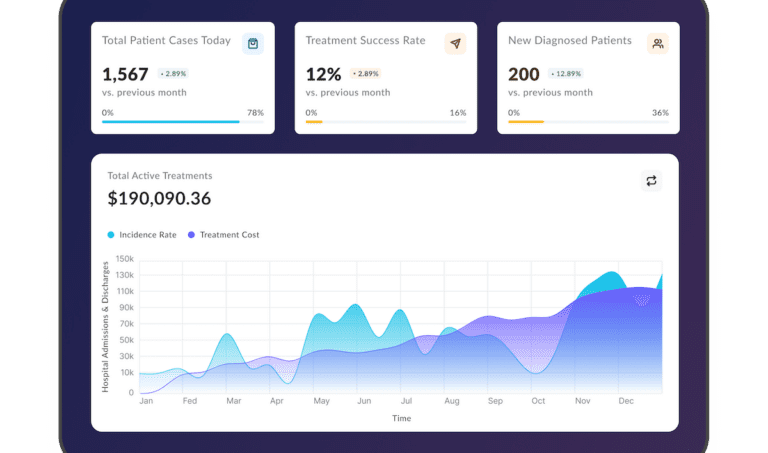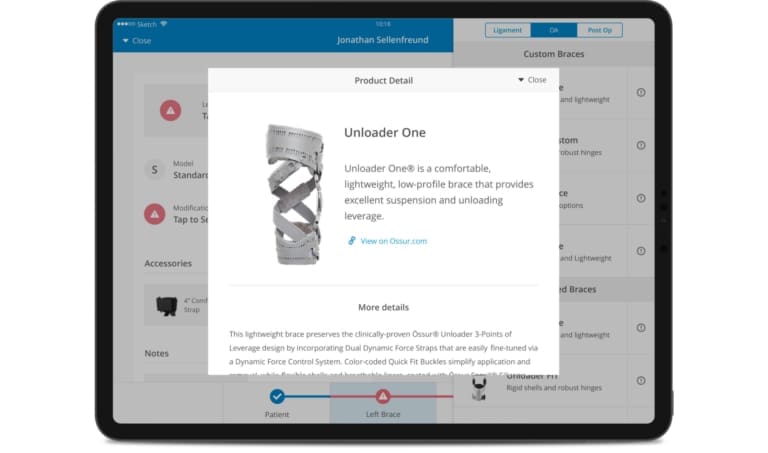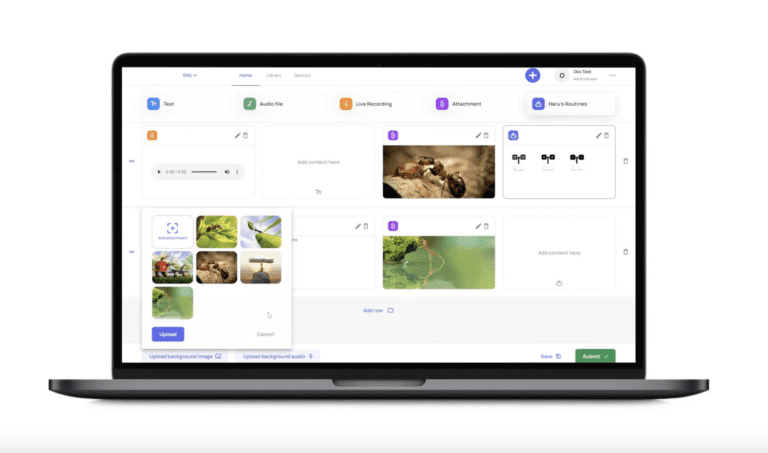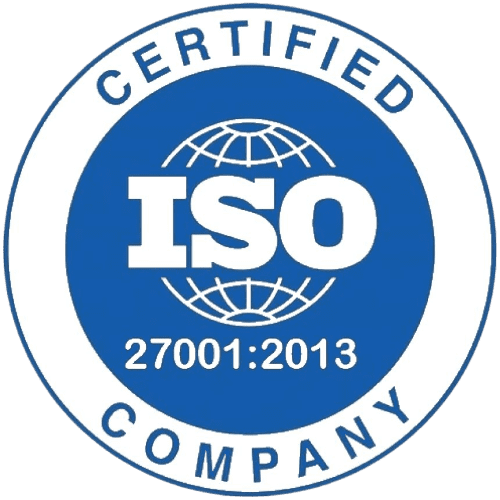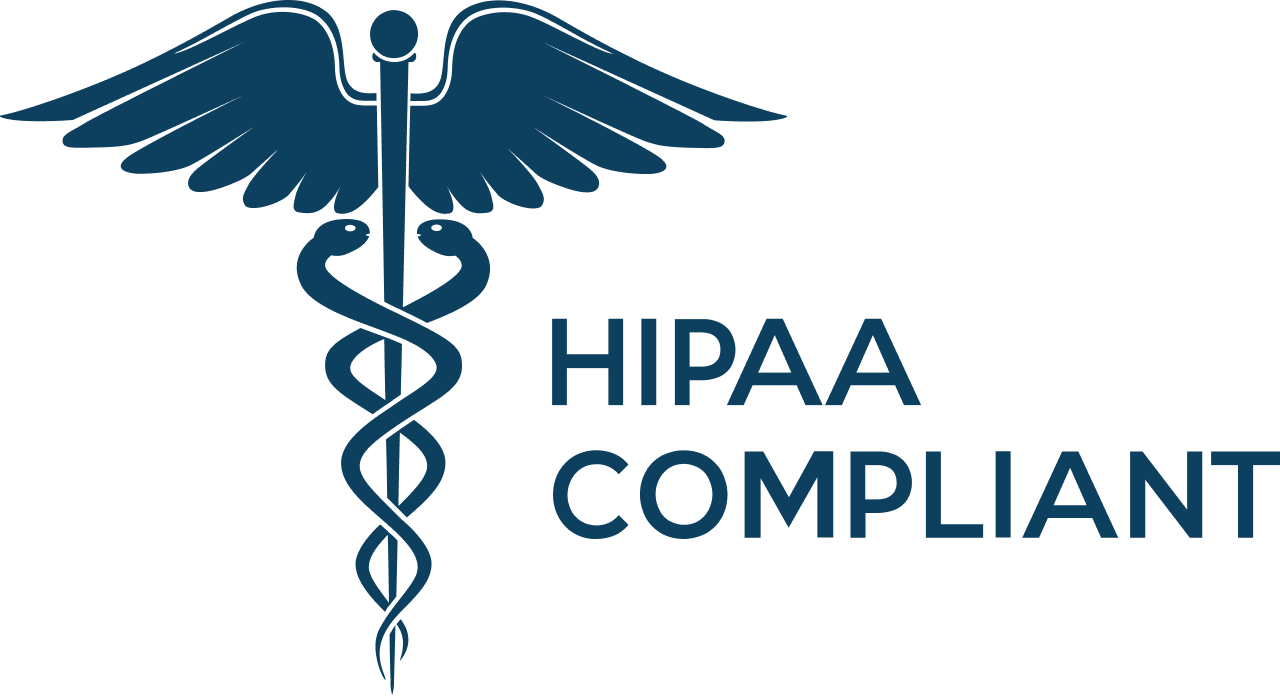How to Write an NDA for Software Development [Template Included]
Successfully steering through the labyrinth of the digital universe requires more than just an aptitude for coding or prowess in software development—it demands a profound understanding of the legal agreements designed to safeguard the interests of all participating entities. Among these, the Non-Disclosure Agreement (NDA) reigns supreme.
However, crafting an impactful NDA can be a complex task, given the specialized legal jargon, the delicate equilibrium between safeguarding proprietary information and fostering collaboration, and the subtle variations across legal jurisdictions. Recognizing this challenge, we’ve committed to offering you a lucid, exhaustive manual on formulating an NDA for software development.

We provide companies with senior tech talent and product development expertise to build world-class software. Let's talk about how we can help you.
Contact usWhether you’re a newcomer venturing into the field or a seasoned software development company aiming to fortify its existing contracts, this article aims to serve as an indispensable resource in your legal arsenal.
Table of Contents
Understanding NDAs in Protecting Intellectual Property
Non-Disclosure Agreements (NDAs), often called confidentiality agreements, serve as critical tools in protecting intellectual property (IP) rights, particularly in the fast-paced, innovation-driven world of technology and software development. Understanding their role and function is vital for anyone seeking to protect valuable information, from individual entrepreneurs to large multinational corporations.
| An NDA is a legally binding agreement establishing a confidential relationship between involved entities, safeguarding personal, proprietary data, and trade secrets. Therefore, this document serves as the first line of defense in preventing the unauthorized disclosure or use of valuable, non-public information. |
For instance, if you’ve developed groundbreaking software, you would use an NDA to ensure that any person or entity you share your software details with (e.g., potential investors, business partners, employees, or contractors) will not disclose those details to others without your consent. They also cannot use that information for their benefit.
In the context of software development, an NDA might cover things like source code, architectural designs, algorithms, business strategies, client databases, marketing plans, and other materials that give you a competitive edge in your market.
While patents, copyrights, and trademarks are the more renowned forms of intellectual property protection, they are often time-consuming, costly, and may require revealing your information publicly. In contrast, NDAs offer a quicker, cost-effective, and private means to protect intellectual property. They are typically simpler to enforce than patents, especially in cases where proving infringement can be tricky.
However, it’s worth noting that an NDA doesn’t provide an absolute shield for your intellectual property. Its effectiveness relies on the contract’s precision — the clarity of stipulations, the classification of what is deemed confidential, the responsibilities of participants, the ramifications of violations, and the agreement’s lifespan. Therefore, understanding the nuances and subtleties of NDAs is essential for ensuring they serve their intended purpose effectively.

When is it Crucial to Sign an NDA for Software Development?
The fundamental role of software NDAs, as trust-builders and protectors of sensitive information and intellectual property, elevates the question from “if” an NDA is needed to “when.” In this context, there are key junctures at which an NDA becomes essential.
- First and foremost, it’s vital to sign an NDA before any preliminary discussions take place. Whether you pitch your idea to potential investors, engage with prospective clients, or brainstorm with potential partners, these discussions often involve divulging sensitive details about your software. Without an NDA, nothing stops these parties from revealing your ideas or using them for their gain. Therefore, an NDA should be signed at the earliest opportunity, even if disclosing information may seem trivial.
- Secondly, consider an NDA as non-negotiable when hiring or contracting developers, consultants, or contractors. In software development, your team will have access to and understanding of your intellectual property, which inherently carries risk. An NDA is an essential tool for establishing an account of the gravity of handling such sensitive information and clarifying the potential legal consequences of violating the terms of the agreement.
- Thirdly, when entering strategic partnerships or joint ventures, it is essential to have an NDA in place. The collaborative nature of these alliances often involves sharing proprietary software and trade secrets. While collaboration is key to fostering innovation, it should not be at the expense of your intellectual property.
- Lastly, the need for an NDA becomes paramount during mergers and acquisitions. These transactions involve transferring large amounts of sensitive information between the entities involved. Without an NDA, your company’s valuable intellectual property could fall into the wrong hands or be leveraged against you.
The Risk of Not Having an NDA in Place
In the intellectual battleground of software development, not having a Non-Disclosure Agreement (NDA) in place is like going to war without a shield. The risk is immense, and the consequences could be disastrous. Without an NDA, your intellectual property is left vulnerable to exploitation. Information shared in good faith can be misused, leading to competitive advantage loss, market share dilution, and potential financial implications.
A crucial piece of software, a unique algorithm, or even a revolutionary business strategy could find its way into the hands of competitors or be released into the public domain. In essence, you relinquish control over the individuals who access your information and what they can do with it. The fallout from such a scenario can be devastating—after all, why should customers choose your software when a rival product boasting the same features has suddenly emerged in the market?
Furthermore, obtaining legal protection through patents becomes significantly harder once proprietary information is disclosed without the protective blanket of an NDA. This is because patent law generally requires the invention to be novel, which it no longer is if the information has been leaked.
In conclusion, operating without an NDA is a gamble that no business in the software development industry should take. The risk far outweighs any perceived inconvenience of crafting and implementing an effective NDA.
Types of NDAs
NDAs come in different forms, each suited to specific circumstances. Understanding these types allows you to select and implement the one that best serves your needs and protects your interests.
Unilateral NDA
A Unilateral NDA, or a one-way NDA, involves two parties where only one party discloses information and requires the other party to keep it confidential. This type of NDA is common when sharing personal information with contractors, consultants, prospective investors, or potential buyers.
The primary argument for implementing a unilateral NDA is that it offers focused protection, effectively shielding the disclosing party’s sensitive information without imposing any burden of disclosure on the other party.
Bilateral NDA
In contrast, a Bilateral NDA, also known as a two-way NDA or mutual NDA, involves two parties where both parties disclose confidential information to each other, and both must keep it confidential. This type is often used in strategic partnerships, joint ventures, or mergers and acquisitions where a mutual exchange of personal information is essential.
The strength of a bilateral NDA lies in its reciprocity. It recognizes and respects the fact that both parties, in their pursuit of a common objective, need to protect their respective sensitive information.
Multilateral NDA
A Multilateral NDA involves three or more parties, wherein at least one party discloses confidential information, and all remaining parties are obligated to maintain its confidentiality. These are often used in complex business transactions involving multiple participants, such as multi-party collaborations or consortiums.
The primary advantage of a multilateral NDA is its efficiency. It eliminates the need for separate NDAs between each party, reducing paperwork and ensuring uniformity of obligations and protections.
In sum, the nature of your engagement and the specifics of information disclosure will dictate the type of NDA most appropriate for your situation. Choosing the right kind of NDA is an argument for effective protection and forms the cornerstone of intellectual property protection in software development.
Essential Components for a Robust Non-Disclosure Agreement (NDA) in Software Development
An NDA is much more than a simple promise to keep secrets. It’s a complex legal document that requires careful consideration and meticulous drafting. The most effective NDAs contain certain key elements that help ensure they meet their intended purpose — protecting your valuable intellectual property in software development.
Signatories of NDA
The first element of an NDA is the clear identification of the parties bound by the agreement. These include the disclosing party — the one sharing confidential information — and the receiving party — the one obligated to keep that information confidential. Be it individuals, businesses, or organizations; all involved parties should be accurately named to ensure enforceability.
Definition of Information Considered Confidential
This is arguably the heart of the NDA. Clearly defining what constitutes ‘confidential information’ leaves no room for ambiguity or misunderstanding. In the context of software development, this might include details about source code, algorithms, architectural designs, business strategies, customer data, or other proprietary information. It’s crucial to strike a balance in this section – overly broad definitions can render the NDA unenforceable, while extremely narrow definitions might leave key information unprotected.
Extent of Confidentiality
The NDA should define the scope and extent of confidentiality, specifying what the receiving party can and cannot do with the confidential information. This includes restrictions on copying, sharing, or repurposing the info. It should also outline exceptions to the confidentiality rule — for instance, information that is already public knowledge or that the receiving party knew before signing the NDA.
Responsibilities of the Parties
An NDA should delineate the responsibilities of both the disclosing and receiving parties. That might involve accurately marking or identifying confidential information for the disclosing party. The receiving party’s duties usually include:
- Using personal information solely for agreed purposes.
- Limiting disclosure within their organization.
- Implementing adequate security measures to protect the information.
Ramifications of NDA Violation
A robust NDA outlines the consequences if the agreement is breached. These could include financial penalties, injunctions to stop further disclosures, and even claims for damages. Clearly defining these ramifications emphasizes the seriousness of the agreement and acts as a deterrent to potential breaches.
Concluding Clauses
The NDA should specify its duration, typically defined by how long the information must remain confidential, and the Jurisdiction or law that governs the agreement, which is particularly crucial for cross-border contracts. Provisions for dispute resolution — such as arbitration or mediation — can also be included.
Finally, the NDA template for app development should conclude with the signature of all involved parties, evidencing their understanding and acceptance of their obligations under the agreement.
Each element is a cornerstone in building an iron-clad NDA, providing a sturdy protective shield around your intellectual property. The strength of your NDA lies in the combination of these elements, each playing a part in ensuring that your innovative software development efforts remain safely within your control.
Tip. When signing a software non-disclosure agreement, ensure a clear distinction between confidential information and trade secrets. Generally, trade secrets are subject to confidentiality for an indefinite duration.
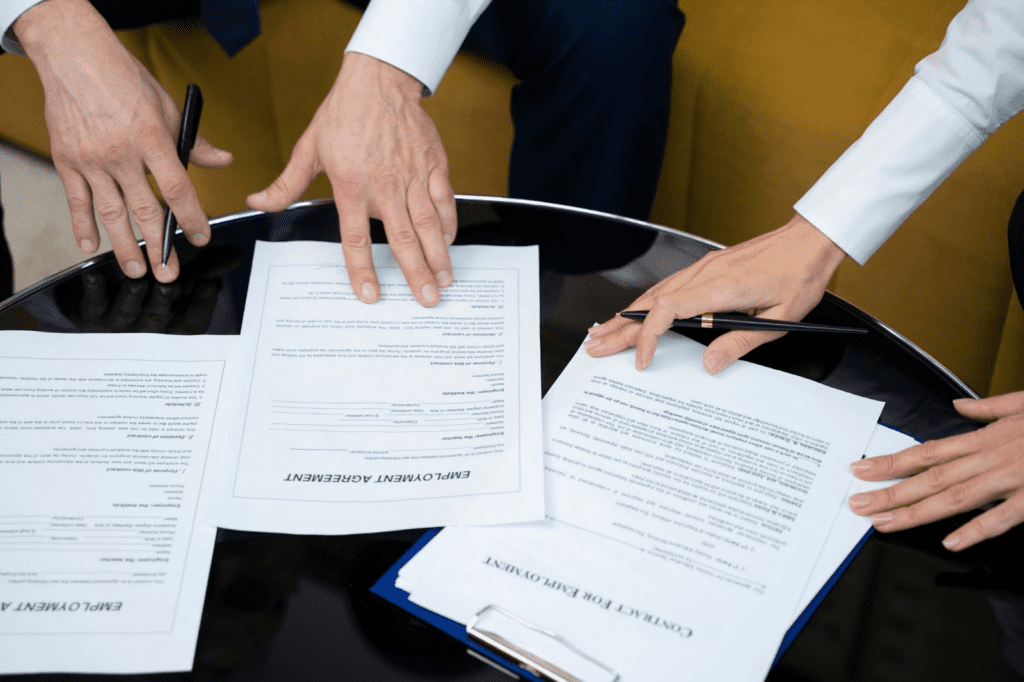
NDA Agreement for Software Development
Creating an NDA for software development requires a comprehensive understanding of the nuances of the technology and the legalities involved. Here’s an NDA example you can adapt to suit your needs. However, this is a simplified version, and seeking legal counsel to tailor this NDA template to your specific circumstances and local laws is strongly recommended.
NDA Agreement Template
This legally binding Non-Disclosure Agreement (“Agreement”) is officially established on [Date], solidifying the commitment between [Disclosing Party’s Name, including organizational details] (“Disclosing Party”) and [Receiving Party’s Name, including administrative information] (“Receiving Party”).
1. Confidential Information: Confidential Information shall include all data, materials, products, technology, computer programs, specifications, manuals, business plans, software, marketing plans, business plans, financial information, and other information disclosed or submitted orally, in writing, or by any other media, to Receiving Party by Disclosing Party.
2. Protection of Confidential Information: The Receiving Party shall use the Confidential Information only for [Define Purpose] and shall not disclose such information to any third party without the prior written consent of the Disclosing Party.
3. Responsibilities of the Parties: The Disclosing Party will ensure all Confidential Information is clearly marked as confidential. The Receiving Party agrees to limit access to the Confidential Information to persons within its organization who need such access for the Purpose.
4. Exceptions: The obligations of confidentiality shall not apply to information which (a) was known to the Receiving Party before its disclosure; (b) becomes publicly known through no wrongful act of the Receiving Party; (c) is approved for release by written authorization of the Disclosing Party.
5. Breach: Any breach of this Agreement may result in irreparable harm, and the injured party is entitled to seek legal remedies, including but not limited to injunctive relief and damages.
6. Term and Termination: This Agreement shall remain in effect for a period of [Period] from the Effective Date unless otherwise terminated by either Party giving notice to the other of its desire to terminate this Agreement.
7. Governing Law: This Agreement shall be governed by and construed by the laws of [Jurisdiction].
Signed by the Parties,
[Disclosing Party’s Name]
Signature Date
[Receiving Party’s Name]
Signature Date
Remember, this is just a basic NDA template software development. The final version should be as comprehensive as necessary to protect your interests. A legal professional should review it to ensure it covers all the required provisions and legal requirements. The strength of an NDA lies not in its length but in its precision, clarity, and enforceability.
Consider Relevant Software as Your Trusted Partner
When it comes to software development, Relevant Software goes beyond technical expertise to become the trusted partner who values your intellectual property and understands the stakes involved. Our blend of technological prowess, industry know-how, and unwavering commitment to client confidentiality sets us apart.
Entrusting your software product development to us is more than a transaction; it’s a partnership built on mutual respect, integrity, and safeguarding your interests. We recognize that every piece of information you share, every line of code we write, and every project we undertake together reflects your innovation. Our approach is backed by comprehensive Non-Disclosure Agreements that govern our work.
At Relevant Software, we don’t just sign an NDA; we live it. We embed the principles of confidentiality, discretion, and respect for intellectual property rights into every aspect of our work, from the code we write to our conversations. This is ingrained in our company culture, and every team member understands their responsibilities under the NDA.
In addition to our unwavering commitment to your confidentiality, we offer an enviable track record of delivering high-quality, cutting-edge software solutions. Our team of skilled developers and dedicated project managers are ready to help you turn your ideas into reality, providing regular updates and full transparency throughout the process without compromising your trust or secrets. Contact us if you’re seeking a companion in your innovation and success journey.
FAQ
Our core services:
Do you want a price estimate for your project?
Do you know that we helped 200+ companies build web/mobile apps and scale dev teams?
Let's talk about your engineering needs.
Write to us